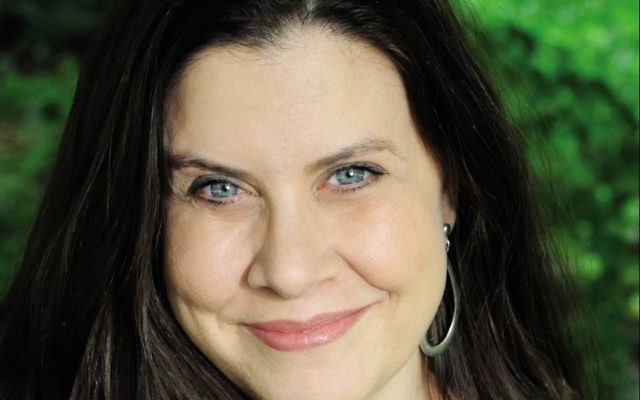Decades of Drama From Zapruder’s 26-Second Film
Alexandra Zapruder recounts the enduring effects of her grandfather's home movie of JFK's assassination.

The starting point for most investigations, explanations and speculations about the 1963 assassination of President John F. Kennedy is a home movie taken by Dallas dressmaker Abraham Zapruder that provides a graphic view of the fatal motorcade through Dealey Plaza.
In “Twenty-Six Seconds” — the length of the film — Alexandra Zapruder, Abraham’s granddaughter, tells the decades-long, multigenerational account of the relationship between the family and the film. The book is the Esther G. Levine Community Read at the Book Festival of the Marcus Jewish Community Center, where Alexandra Zapruder will speak at the annual Kristallnacht commemoration before discussing her memoir Nov. 9.
For Alexandra, the story is bound up in the admiration her grandfather, who died when she was an infant, felt for the Kennedy family and the responsibility her father felt as the representative of the family and steward of the film.
While virtually everyone reading this book will know about the existence of the Zapruder film, many will be unfamiliar with the twists and turns of its ownership over the years, beginning in the immediate aftermath of the shooting.

By Alexandra Zapruder
Twelve, 480 pages, $27
Rejecting bids from other media outlets, Abraham sold the original film to Life Magazine after having copies made and giving two to the Secret Service. (Surprisingly, as Alexandra notes, the government didn’t insist on taking possession of the original.)
After dealing with ownership questions involving bootleggers, researchers and other requests to use the film for over 11 years, Life sold the film back to the Zapruder family for $1 in 1975, and Abraham’s son Henry (Alexandra’s father) dealt with many of the same issues for many more years.
The ownership question came to a head after Congress passed the President John F. Kennedy Assassination Records Collection Act of 1992, which created the Assassination Records Review Board to manage the assassination records held by the government. The act raised questions about the status of the Zapruder film, which was still owned by the family but had been deposited for safekeeping in the National Archives.
The ARRB’s determination that the film was an assassination record meant that the government had in effect taken the film, entitling the family to just compensation under the Fifth Amendment.
Alexandra contends that her family’s primary concern was always the preservation and proper use of the film, rather than making money from it. But her father refused the ARRB’s request to donate the film to the government, though she says he was willing to take far less than fair market value as just compensation.
Ultimately, an arbitration panel awarded the family $16 million for the film — an amount that Alexandra defends but that many saw as excessive. In fact, Alexandra appears to struggle to balance her father’s commitment to government possession of the film with his refusal to simply donate it.
Her explanation — once the government decided to take the film, his reverence for the law meant he could not ignore the requirement for just compensation — is not entirely convincing.
The book provides no new information about the Kennedy assassination itself; Alexandra Zapruder is a supporter of the Warren Commission’s conclusion that Lee Harvey Oswald was the lone assassin. Still, it provides an account of the iconic film that assassination students may find worth reading.



comments